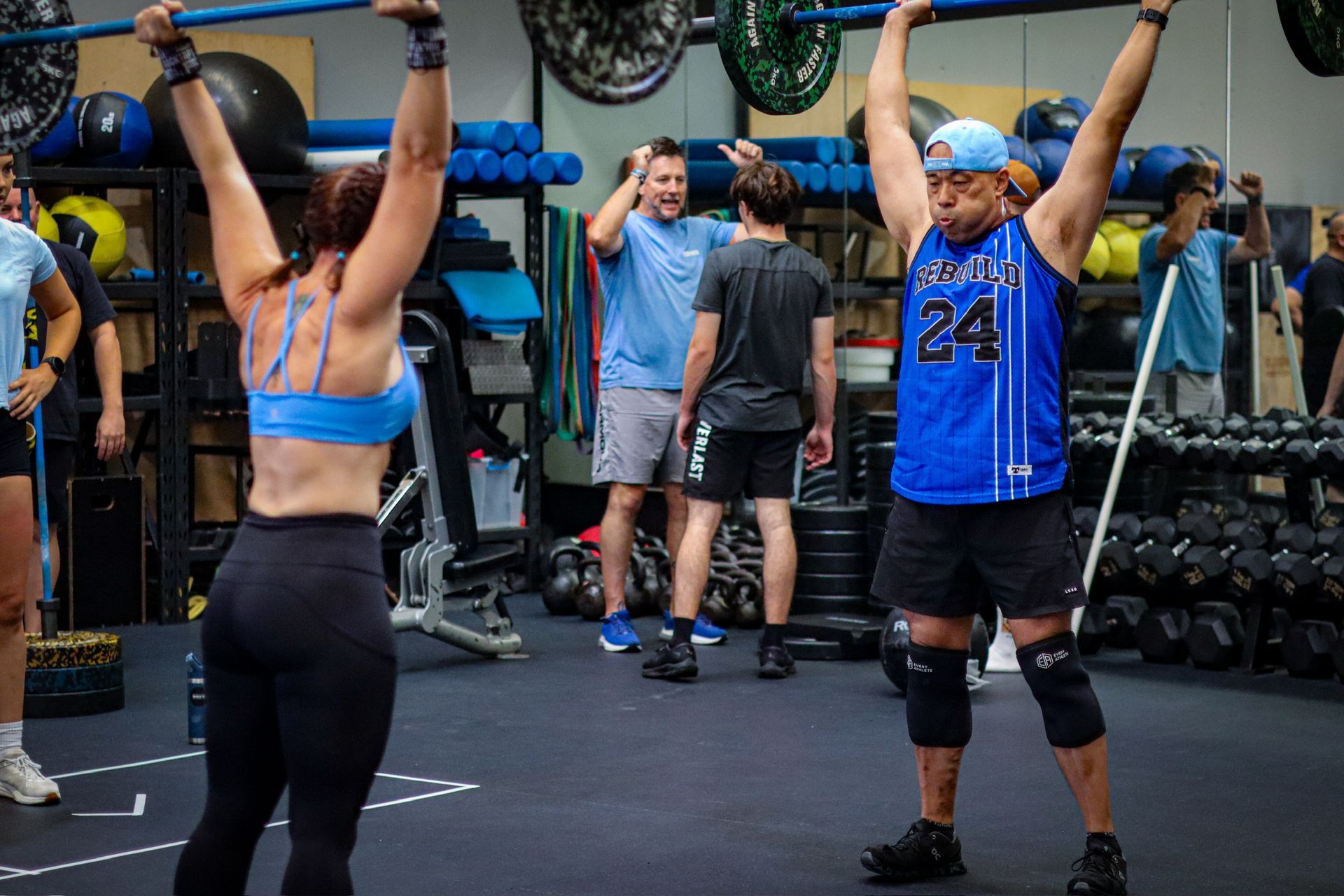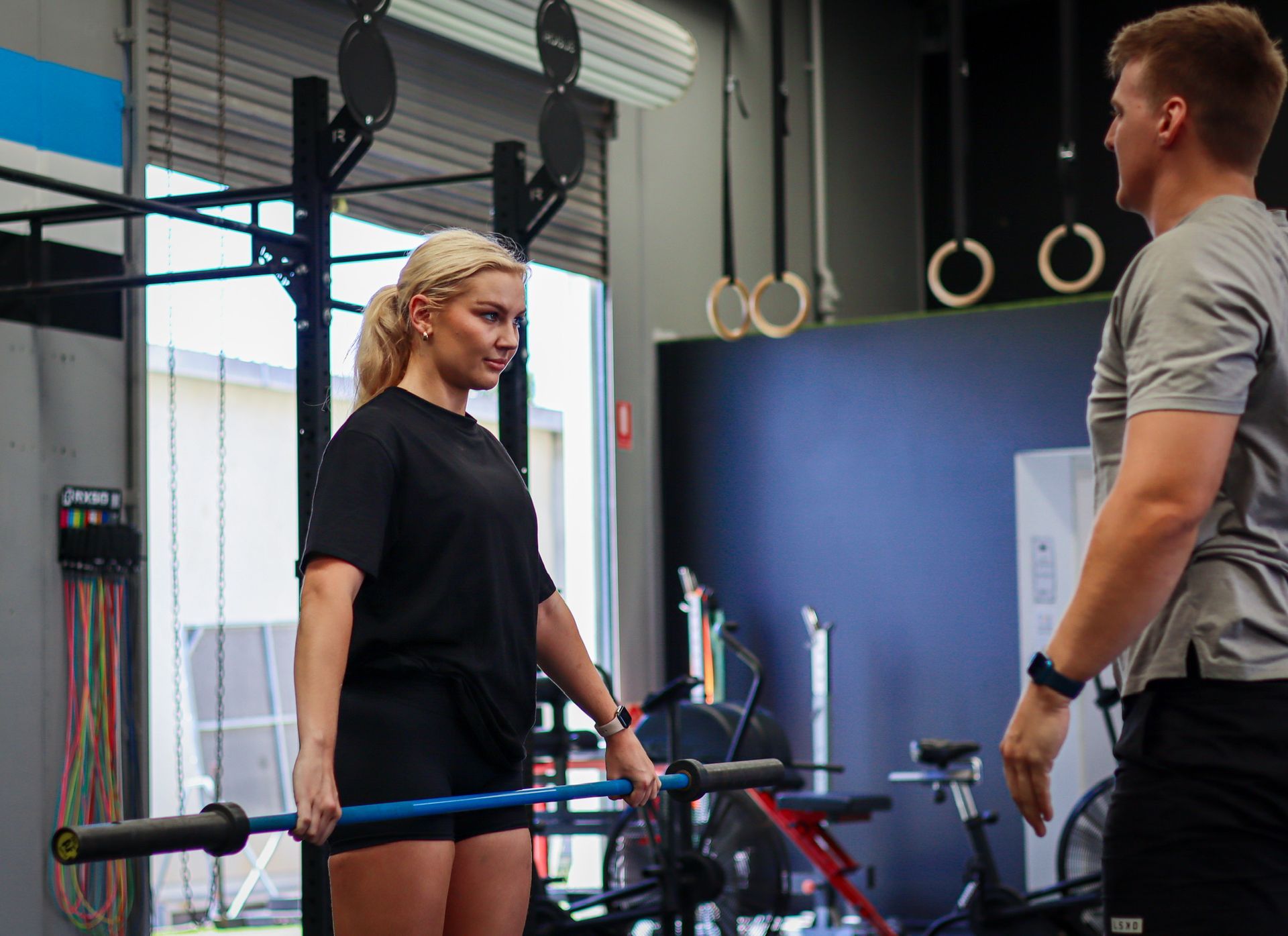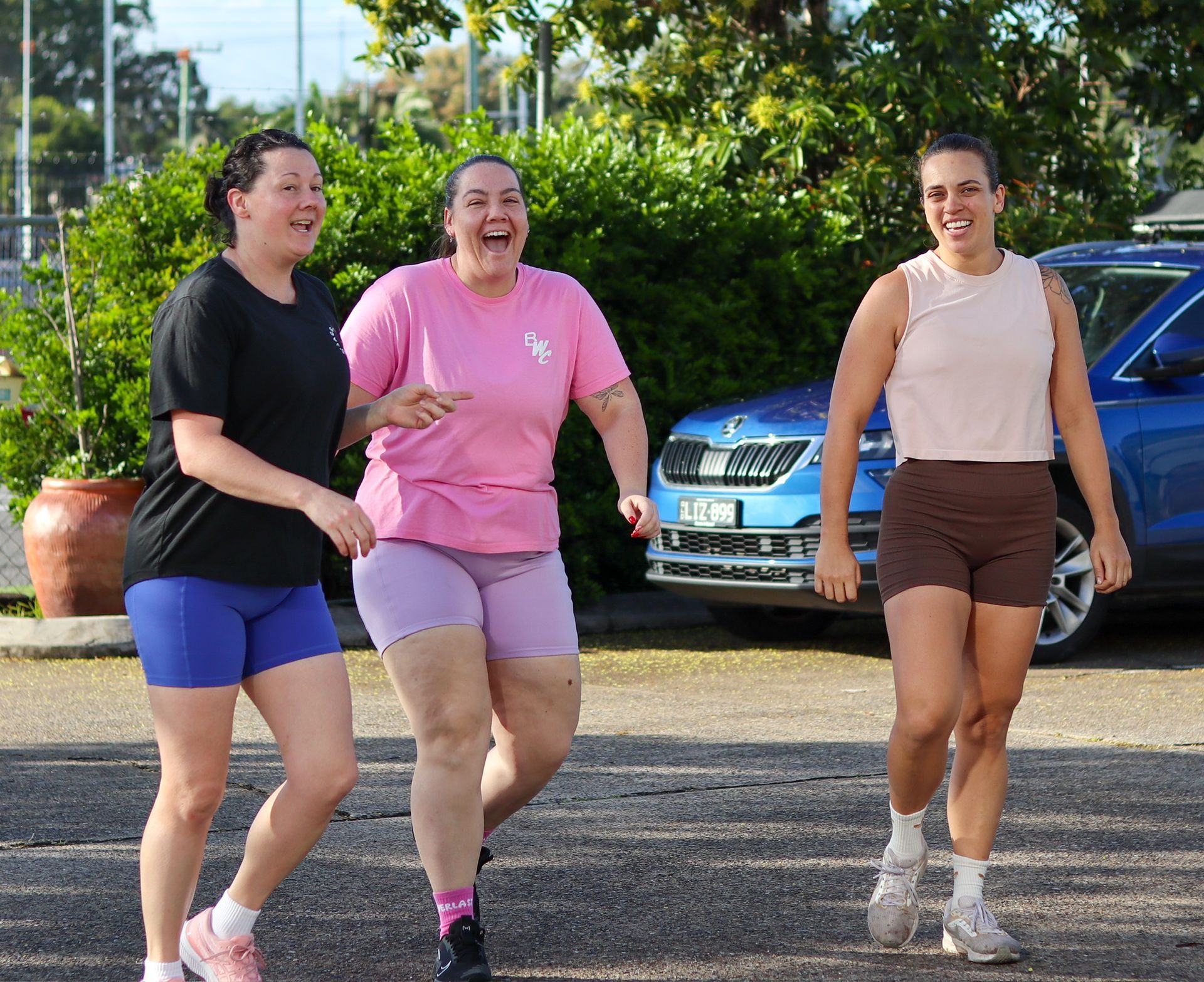5 Frequently Asked Questions We Get As Nutrition And Health Experts
Five important questions from a health perspectiveAs coaches and nutritionists, Sean and James are constantly being asked for tips and advice on health and fitness-related things. On episode 51 of the Rebuild Health and Fitness Podcast, we discuss some common questions that people ask regarding health and nutrition. Should you have protein before bed? There are some advantages to having your largest serving of protein before bed. In terms of sleep science, the earlier you can have your last meal, the better. Say you have your meal at 6pm and go to bed at 9pm; that will enhance your sleep quality because your body won't be working as hard digesting food as you sleep. This means that your body's going to be in a more restful state, not working hard while you're trying to rest. Can I take pre-workout before a team sport or game, and will it improve my performance?Yes, if you want. But it’s trial and error - if you think pre-workout helps improve your performance in a team sports environment, go for it. But we need to remember the main thing that gets you going from pre-workout is the caffeine that acts as a stimulant. And we can't underestimate the placebo effect that has. The research shows that caffeine is massive. A lot of caffeine does this for you, usually 2-6 milligrams of caffeine per kilo of body weight. This will vary then depending on caffeine tolerance. So, to get the effect that you want, you’re probably talking 5-6 milligrams of caffeine, which is a hell of a lot of caffeine. One of the most significant contributors is, what time is your game? If it’s midday Saturday - go for it. But if you’re playing a night-time game of basketball at 8pm, we would probably advise you not to because then your sleep will be affected. From a general training standpoint, for our members in the gym, we generally advise not having pre-workout in the afternoon just because it's going to mess with your sleep so much. And that's going to be more detrimental to your training and recovery over the coming days and weeks. I train 1-2 hours of strength and conditioning training, six days a week. Is it a sufficient amount of training for someone who sits for eight hours a day? Yes, definitely. In terms of progress, we don't know if you're talking about overall health, but constantly moving will be more beneficial. If we can train and then we can move as much as possible throughout the day, that will be more beneficial than just sitting there. But it comes down to the optimal-suboptimal scenario. If I was going to build muscle and did not want to lose any of my gains sitting for eight hours and not moving, then training for two hours at the gym, that’s probably pretty good. For optimal health or maybe weight maintenance or loss - that’s certainly enough training. In your opinion, what are the most important factors for optimal health?Talking specifically, physical, training, nutrition; we’ve mentioned a million times, health is more than training and nutrition. Training and putting yourself in a hole or challenging yourself is so important and valuable. We spoke about that on the discomfort podcast, we need these challenges to overcome because it makes us more resilient. Nutrition plays a role in that; a good little rule is always the 80-20 rule. 80% of the time – good and nutritious foods, 20% of the time you have the freedom to whatever you want. But f you go too far the other way, that will negatively affect your training and body composition and then your head. Everything is on a bit of a spectrum in it. For optimal health: training, taking care of your nutrition, having a social life, managing stress, and sleeping well are of utmost importance. What are some good pre or post-workout snacks and meal ideas for building muscle and dropping body fat?The simple rule of thumb we like to use is that it depends on how far before the training session you will be eating. If you have 20-40 grams protein plus carbohydrates, anywhere from 45 minutes to 3 hours before, will do pretty well. As for post-training, just have some protein; you don't need to have carbohydrates – you could have some, but there’s just not any added benefit for muscle growth and repair. If you have burning questions about health, listen to the podcast below, or if you want help with your nutrition, get in touch with our team. Team@rebuildhealthandfitness.com.
Previous Blogs




